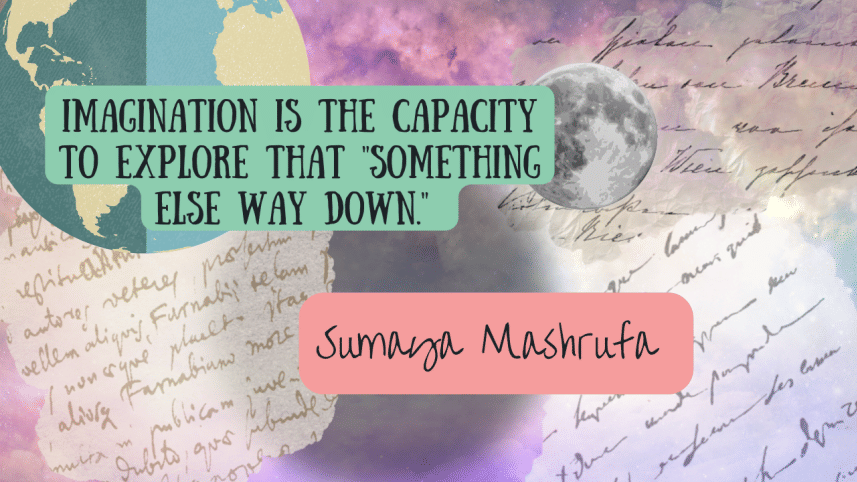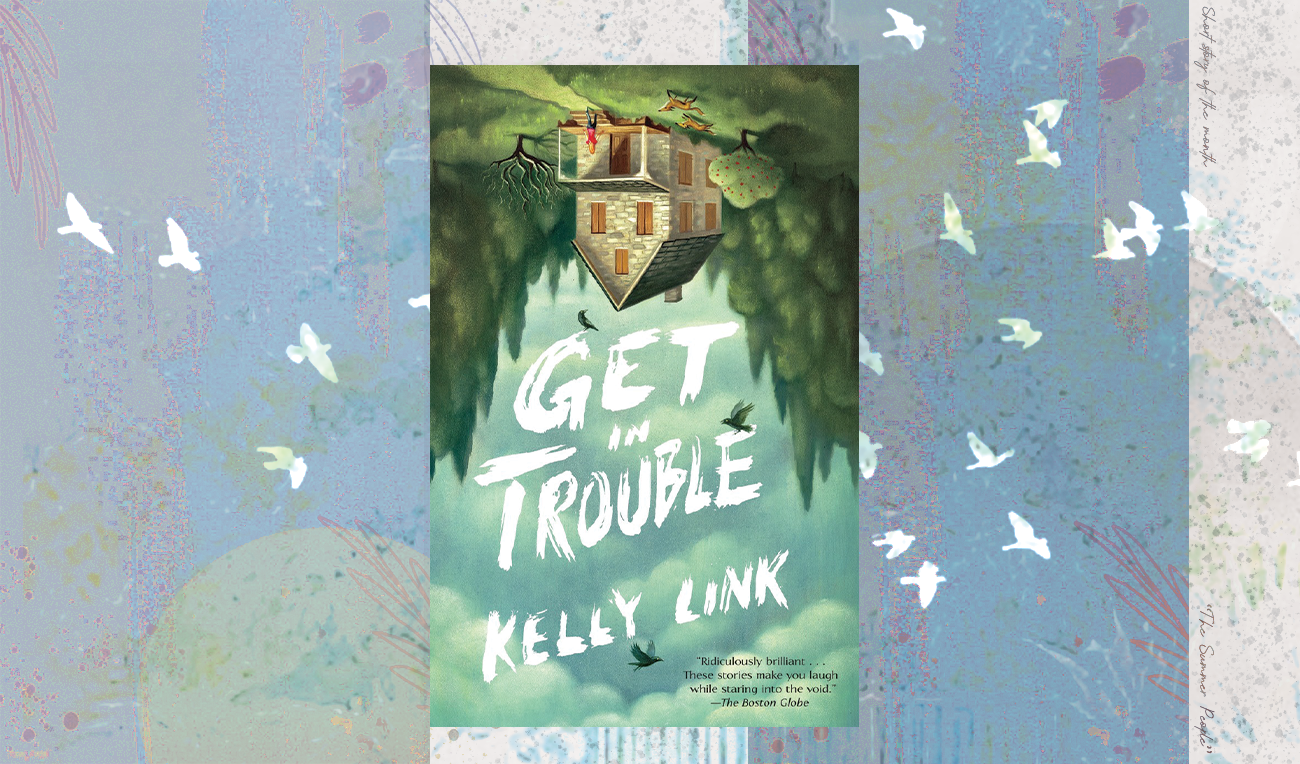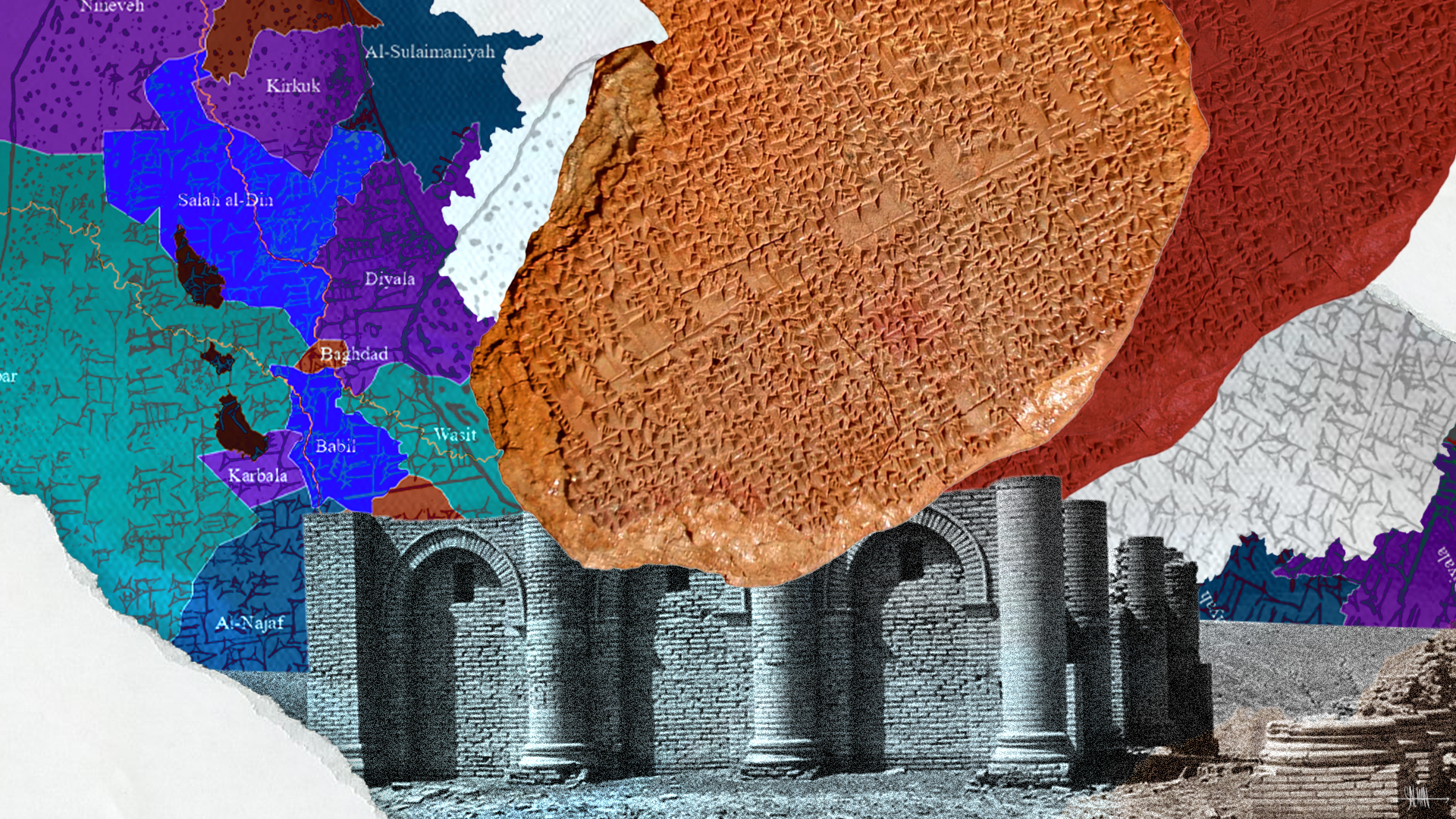I write a name.—An ode to imagination

I feel euphoric on some nights. Some nights I read something so tender that it breaks my heart just holding the book. Some nights it leaves me paralyzed in awe, that we as humans are capable of creating such magic.
It was a blank white sheet at some point, somebody sat in front of it.
They imagined a person and wrote their name.
Somebody named a tree and a forest grew.
The papers are now a village, a city, a heart, a friend who used to be a stranger, a sinner who used to be a saint.
Of all the things I think are overrated in this world of excess and emptiness, imagination is not one of them.
It is worth the hype.
In fact, I think it is nearly not manifested enough!
So when I stumbled into a youtube video of David Foster Wallace giving a commencement speech at Kenyon College in 2005, talking about "something else way down," I knew in an instance what I had felt most of my life had just found its language. It gave me affirmation to go further into the void that stares back at me from within. The void that is always more curious to know what happens behind closed eyes than what people let you know with open eyes and curated smiles. The void that must decipher what it means to exist in a time that I exist.
And later I started to unravel the mystery of life, which on the surface seems so simple, so obvious, not a mystery at all, but I've never been a surface dweller. My place in the universe is where people like David Foster Wallace make it not only "normal", for lack of a better word, but essential to not operate from the default settings of my immediate culture and not accept what my immediate life offers.
Ergo I come to the point that life can never be held as it is, it is always stretched way over or shrunken way down by the imagination one carries.
Imagination is the capacity to explore that "something else way down."
So I think about a lot of things and draw imaginary lines among them. They are my map of things. I draw lines like the ancient mariners drew lines among the stars and found their way home. They are my map of things, my way of finding home in this at once insignificant and extraordinary planet.
A very young Albert Camus was invited to talk at a festival in New York after World War II. He was representing France and was advised to talk about something hopeful in the face of an already very grim post-war scenario.
He stood on the podium and talked about "The Human Crisis," our dire urgency to forget and fix without inspecting "us," without discerning why it happened what happened. In other words, without looking at that something else way down that made the way for mere people, not mythical gods nor monsters, to make unthinkable violence not only thinkable but justifiable. It was the 28th of March, 1946.
Five years before that, in a quiet country home, with the omnipresent noise of that same war, by filling her overcoat pockets with stones and walking into the River Ouse, Virginia Woolf ended her life. It was the 28th of March 1941.
And on my map, amongst many others, they, Wallace, Camus, Woolf, are the stars who usher me home.
My birthday is on the 28th of March. And it's all very random arbitrary things that happen to fall on the same date. But you see what I am talking about when I said I draw lines connecting things making my own map.
So when I cannot sleep and the dark of the night begins to crack open to let the light in, when at noons the sun seems too much and I feel a paranoid hurry to flee, when I hear all these talks defining what I should and shouldn't be, I try to remember my map. I try to remind myself that something else way down doesn't necessarily always have to end up in alluring rivers. That I can choose, that I can choose to see how hard the stars of my map fought to get back home.
I know the body remembers trauma, but I know how human endurance is truly the most magnificent thing there is. That we do not just endure, that we survived shit in the past and we will in the future. That we know where our minds can drag us and still we choose to go after that something else way down. Things will not that easily break us, it might make a few cracks, but we have to let the light in, don't we?
So in those moments, I instead think of the many moons of Madagascar.
I imagine the Baobab trees taller than our souls.
I imagine the quiet that is never silent and thus more piercing, I imagine the moons going crescent to full, changing the shadows of the branches along the way.
And I see I was always making things up because the world that presented itself before me was not enough. It was grossly insufficient. I couldn't accept that that's it, that's what life is all about. I couldn't let my consciousness be wasted like that. I see how imagination saved me.
So I breathe, I see myself calming down and climbing up the mossy-green well too often I fall into. As Derek Mahon says in his poem "Everything Is Going To Be Alright," I see myself "in a riot of sunlight." I see the cracks in me that, quite like my map, are connecting the dots in my body. And I start to see how blessed I am!
I open a blank white sheet on my laptop and I write a name.
Sumaya Mashrufa is a human being who tries to be a human being. On a more formal note, she is a translator who wants to be a good typist transcribing the stories of people who live in her head.
 For all latest news, follow The Daily Star's Google News channel.
For all latest news, follow The Daily Star's Google News channel. 



Comments